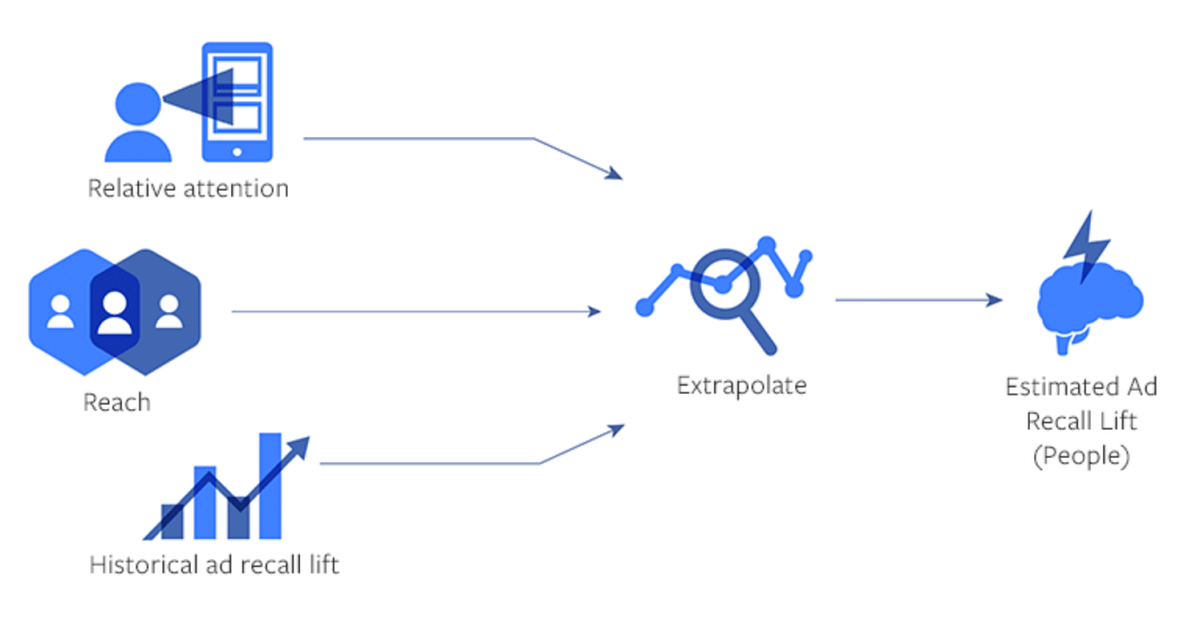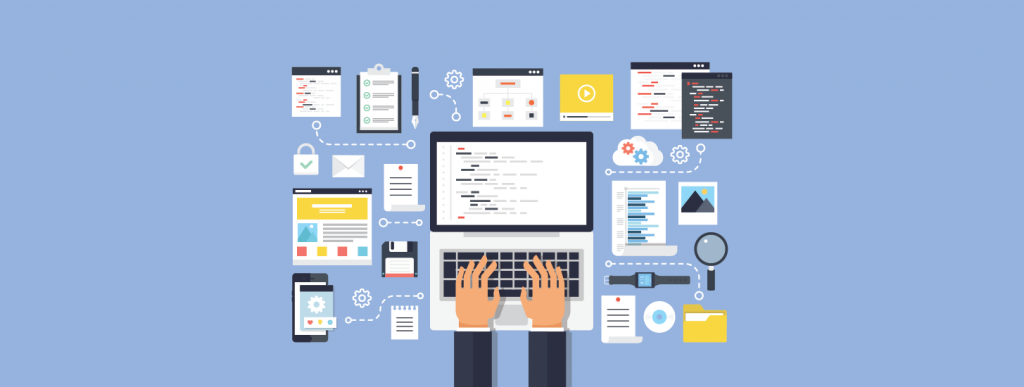Understanding Facebook Estimated Ad Recall: A Guide for Marketers
In the limitless expanse of digital advertising, measuring campaign performance isn’t just beneficial—it’s crucial. For social media marketers aiming to maximize their return on investment (ROI), understanding ad recall can mean the difference between a wasteful expense and a winning strategy. Facebook’s Estimated Ad Recall Lift metric is designed to provide insights into the memorability of your ads, but what exactly does it entail, and how can you leverage this data for better campaign results?
What is Facebook Estimated Ad Recall Lift?
The Estimated Ad Recall Lift (EARL) is a metric provided by Facebook to help advertisers gauge the effectiveness of their ad campaigns in terms of generating brand memory among their targeted audiences. Put simply, EARL estimates how many people would remember your ad if they were asked within two days of seeing it.
Recognizing how many potential customers might recall your ad is like having a crystal ball that predicts the impact of your brand efforts—it’s a reflection of ad quality and audience engagement. Let’s delve into why this number matters and how it can fine-tune your marketing campaigns.
Why Estimated Ad Recall Matters for Marketers
1. Assessing Campaign Performance
In the competitive sea of content, catching a user’s eye isn’t enough; the goal is to make a lasting impression. EARL measures the stickiness of your message—how likely it is to stay with a viewer. A high recall lift suggests that not only did your ad reach your audience, but it also resonated with them.
2. Improving Brand Awareness
Brand awareness is key in generating a loyal consumer base, driving repeated purchases, and establishing brand preference. EARL allows marketers to measure and track brand awareness over time, offering insights into how well the brand’s message is being stamped onto the cognitive map of the target audience.
3. Optimizing Budget Allocation
Knowing which ads are remembered helps you allocate your budget more effectively. Rather than pouring resources into lower-performing ads, you can focus on the types of ads that are likely to yield a higher recall, ensuring smarter spending and improved ROI.
How Facebook Calculates Estimated Ad Recall Lift
Facebook utilizes machine learning algorithms, taking into account various factors such as the number of impressions, user interactions, and historical ad performance data to predict the EARL. The platform samples a small portion of your audience and uses a control/experiment methodology to estimate how many people are likely to recall the ad.
Strategies to Improve Your Ad Recall
1. Create Compelling Creative Content
Strong visuals, attention-grabbing headlines, and clear calls to action (CTAs) are paramount in making your ad memorable. Craft content that tells a story, stirs emotion, or offers value to ensure that your audience has a reason to remember it.
2. Target the Right Audience
The precision of your targeting can make or break your ad’s effectiveness. Utilize Facebook’s robust targeting options—demographics, interests, behaviors—to ensure your ad is reaching a receptive audience that’s more likely to retain your message.
3. Test and Tweak Ads
Use A/B testing to compare ad variables and identify which elements resonate best with your audience. By defining what works and what doesn’t, you can optimize for ad recall.
4. Understand Context and Timing
The context in which your ad is displayed and the timing can greatly affect recall rates. Analyze when your audience is most active and receptive, and align your ad placements with these insights.
5. Monitor Frequency
Repeated exposure can increase ad recall, but too much repetition can lead to audience fatigue. Monitor frequency to find the sweet spot that maximizes recall without over-saturating your audience.
Conclusion
Measuring your audience’s ability to recall ads is a strategic step in evaluating and enhancing the performance of your Facebook advertising campaigns. By understanding and improving upon your Estimated Ad Recall Lift, you can create ad experiences that not only capture attention but also leave an enduring impression—ultimately crafting campaigns that don’t just reach eyes, but stick in minds.
Whether you’re a solo marketer, a data analyst, or leading a social media team, staying adept at interpreting and responding to EARL will sharpen your competitive edge. So next time you launch a Facebook ad, consider its potential recall impact, and how it will contribute to your brand’s narrative in the collective memory of your audience.
Remember, in the world of advertising, being remembered is just as important as being seen.
The Future of Ad Recall Measurement
As we look to the future of ad recall measurement, it’s clear that technological advancements will continue to refine how we understand ad effectiveness. With the advent of augmented reality (AR) and virtual reality (VR), immersive ad experiences could deepen the impact on memory and elevate recall rates. Additionally, the rise of artificial intelligence (AI) provides an opportunity to personalize ad experiences at scale, tailoring messages to individuals based on predictive behavior modeling.
Effective recall measurement will also hinge on transparency and privacy compliance, as users become more conscious of their digital footprint. Advertisers will need to balance sophisticated targeting with respect for consumer data protection—ensuring that recall benchmarks are not only accurate but ethically obtained.
Embracing these upcoming trends and challenges will be crucial for advertisers looking to remain influential in a rapidly evolving digital landscape. By staying informed and adaptable, marketers can continue to harness the power of recall to build campaigns that endure in an ever-competitive market.
We hope this guide has demystified Facebook Estimated Ad Recall Lift for you. When planned and executed with precision, you can turn recall into one of your strongest performance metrics. How will you adjust your strategies to optimize for ad recall? Share your thoughts or strategies below!




Post Comment